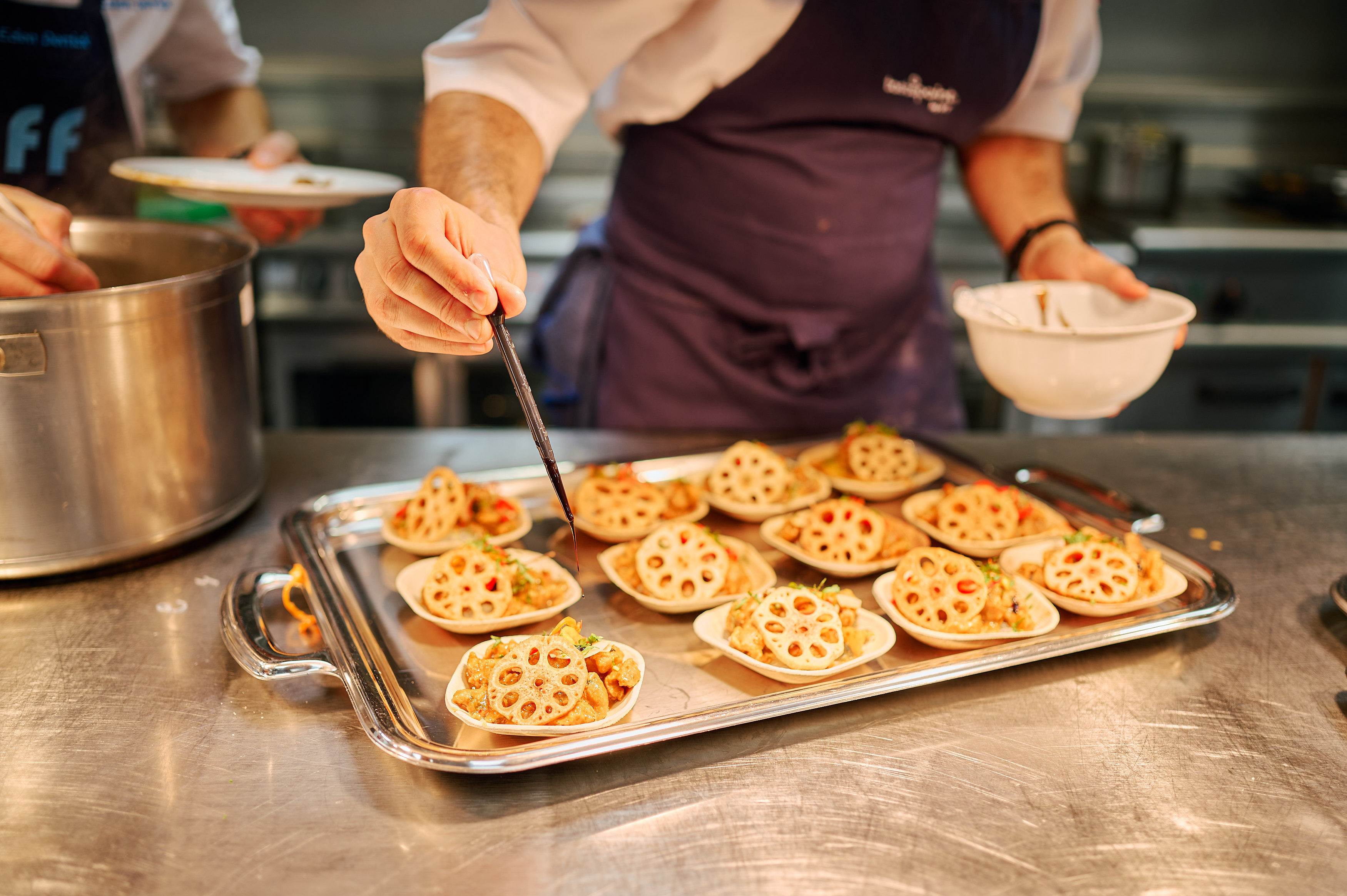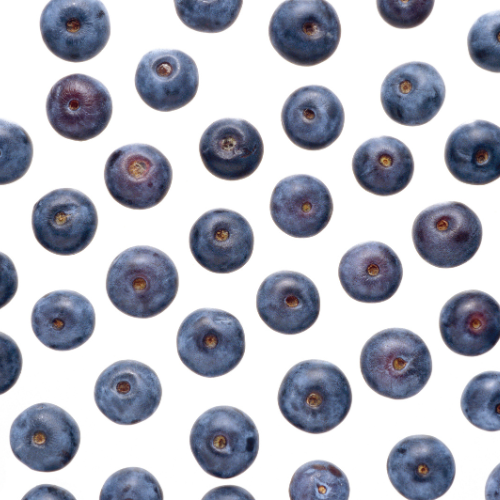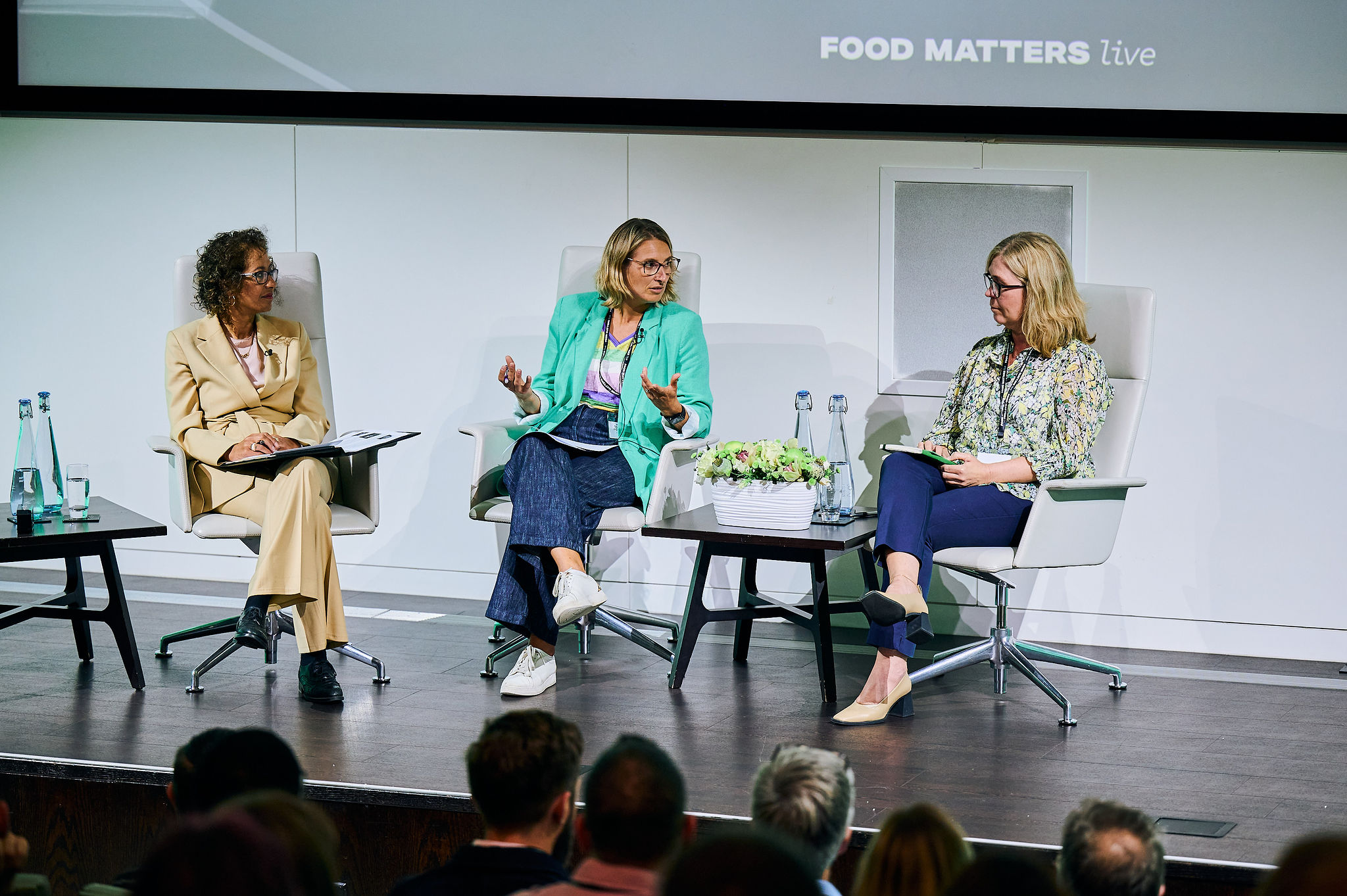Is lab-grown meat the future of food? Featuring Eat Just CEO Josh Tetrick

Cultivated meat, cultured meat, slaughter-free meat, lab-grown meat, and even ‘Frankenmeat’. It goes by many different names, but all refer to the same thing: animal products produced from cell cultures instead of slaughtered livestock.
In a process known as cellular agriculture, stem cells are harmlessly taken from a chosen animal and placed in bioreactors. Scientists then replicate what happens within an animal’s body, feeding the tissue amino acids, glucose, minerals and vitamins which fuel their growth and multiplication.
Cultured meat allows you to have your animals and eat them too
Cellular agriculture creates genuine animal products or ‘cultured meat’ without the need to raise, farm and slaughter animals for food. From beef and lamb to salmon and tuna, it permits us to eat animal protein without the environmental cost and loss of animal life. One U.S. based company, Primeval Foods, is even teasing off-limits, exotic animal meats including tiger steaks and zebra sushi.
Cultured meat could benefit the environment and biodiversity
If adopted on a wide scale, lab-grown meat could help free up large swathes of land currently used for animal agriculture, eliminating the prodigious greenhouse gases produced by grazing ruminants.
With land clearance for agriculture behind 90% of deforestation and 60% of biodiversity loss, lab-based meats could also help protect endangered species and save our forests. And that’s not all.
Cultured meat could prevent zoonotic diseases and antibiotic resistance
Cellular agriculture could reduce the need for intensive farming whereby huge numbers of animals are crammed into small enclosures. Considering industrial livestock farming is a major culprit behind the spread of zoonotic diseases, this could help stem the spread of infections from animals to humans.
And then there’s antibiotic resistance. The agricultural industry uses huge amounts of antibiotics in livestock to prevent illness and even promote growth. Whilst the use of antibiotics to encourage growth is banned in the UK and EU, countries such as Australia has no statutory ban in place.
The widespread use of these drugs increases the risk of anti-microbial resistance (AMR) developing in the farm environment, and in turn, being transferred to humans. Cultivated meat could drastically reduce the number of livestock and thus alleviate the threat of AMR.
Cultured meat is not without shortcomings
Despite much promise, there are caveats. For a start, some studies suggest that the production of cultivated meat could create more greenhouse gas emissions than traditional farming, assuming we were to scale the current technology. That’s because the small-scale operations producing cultivated meat use non-renewable energy sources to power the process.
Its advocates stress that we could build renewable energy into the cultured meat industry, reducing its carbon footprint significantly. They also emphasise the fact it would free up land which could be used for environmentally beneficial projects such as rewilding. Both these points are true, but it remains to be seen how quickly renewable energy could be incorporated into cellular agriculture on a large scale – and what it would cost.
There is also the issue of which growth medium is used to culture lab-grown meat. Cultured meat is fed foetal bovine serum (FBS), especially in its early days. FBS is harvested from bovine foetuses, all of which are taken from pregnant cows during slaughter. No anaesthesia is used during the process.
Not only does this raise serious ethical questions and undermine the sustainable case for cultured meat, but it’s also expensive. Prices vary according to type and application but 1L can cost over £1000. These prices are reflected in the end product, presenting serious barriers to the mainstreaming of cultured meat products.
Several cultivated meat companies including Mosa Meat and SuperMeat do not use foetal bovine serum as a growth media, opting for animal-free solutions instead. But that’s not the case for all cultured meat companies at present.
Regulatory challenges
In 2020, Singapore became the first country to approve the sale of lab-grown meats with the United States looking set to follow suit. According to a 2022 report from the Good Food Institute: “Cultivated meat has never been closer to the U.S. market than it is today”.
The Netherlands, Norway and Israel have all injected significant funding into cultivated meat research, however cultured meat, fish and dairy products require approval as a novel food before they can go to market. At the time of writing the only country that’s approved lab-grown meat and dairy for human consumption is Singapore.*
Whilst some countries are working towards approval, others have taken a hard line. Citing the protection of food heritage and health, Italy’s current administration has backed a bill banning the commercialisation and production of cultivated meat.
When asked about the bill, Italy’s Minister of Agriculture, Francesco Lollobrigida, referred to cultured meat as “an agglomeration of cells” and said their adoption in Italy would be “veritable suicide”.
*Since publication, the US Department of Agriculture has cleared lab-grown meat for sale in the United States.
The Food Matters Live Podcast explores cultured meat
With the technology around cultured meat advancing rapidly and consumers warming to this new generation of meats, there are many interesting questions to be asked. Is cultured meat the key to a sustainable food future, or should we simply transition to more plant-based diets instead?
Are we in the middle of a cultured meat revolution, or will the shortcomings of cellular agriculture prove too big to solve?
Curated from the Food Matters Live podcast, check out these thought-provoking episodes exploring the past, present and future of the cellular agriculture industry:
Podcast: The future of protein and cultured meat with Eat Just CEO Josh Tetrick

In 2020, Singapore became the first country to approve the production and sale of cultured meat products. Soon after, the Singapore-based 1880 restaurant added cultivated chicken to their menu, all sourced from the US start-up Eat Just.
In the wake of this historic move, the Food Matters Live podcast welcomed Josh Tetrick, CEO and founder of Eat Just. In this thought-provoking episode we explore what the future holds for cultured meat, the challenges of moving at scale and look at the regulatory landscape in this nascent yet exciting space.
Podcast: Are we ready for lab-grown meat?
Cellular agriculture promises a future where we can produce meat using much less land, generating fewer emissions and by slaughtering far fewer animals. But despite these benefits, there are some who question whether it’s ready to go mainstream.
For a start, it’s vital that renewable energy is built into the cultured meat industry to ensure it’s environmentally friendly. Whilst this is certainly possible in the long run, it remains unclear whether we could scale sustainably at the moment.
And there is still some pushback from consumers, many of whom are concerned about the artificial nature of these foods. So, are we ready for lab-grown meat, and how can companies overcome skepticism from consumers?
Joining us to answer these questions are Che Connon, CEO of 3D Bio-Tissues, Didier Toubia, CEO of Aleph-Farms and Peter Verstrate, co-founder of Mosa Meat and the food technician behind the world’s first slaughter-free hamburger.



















